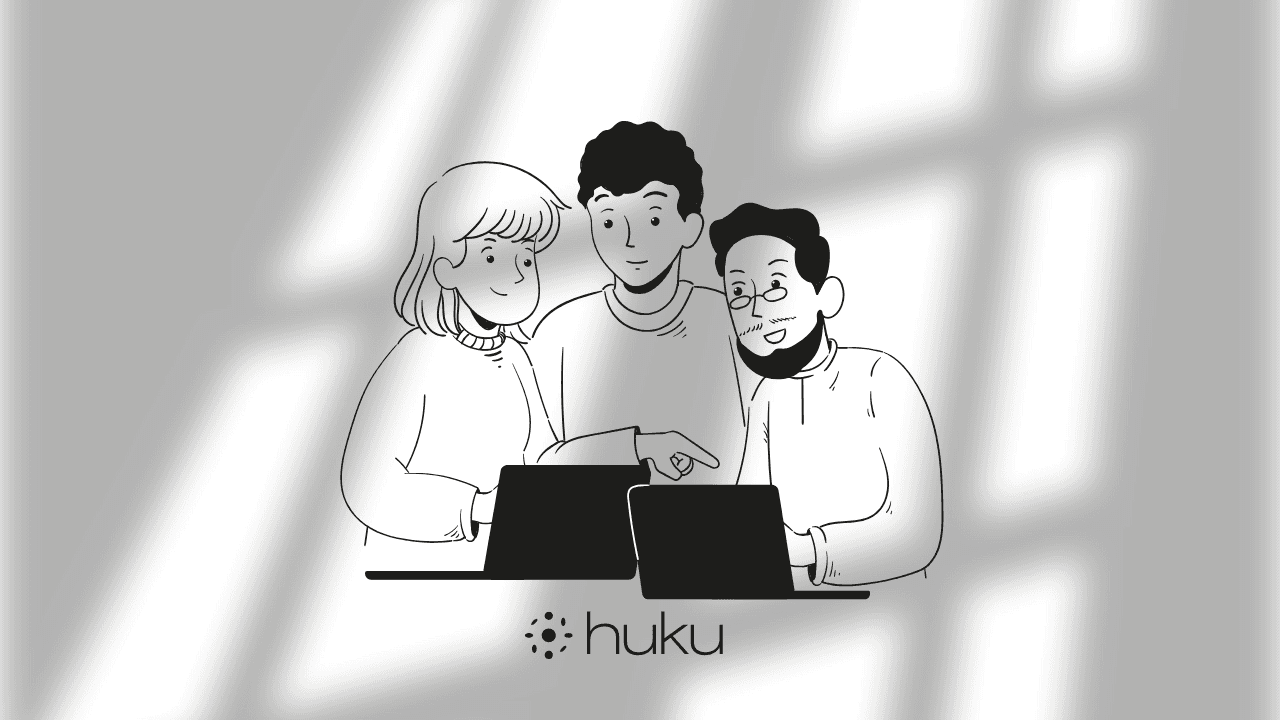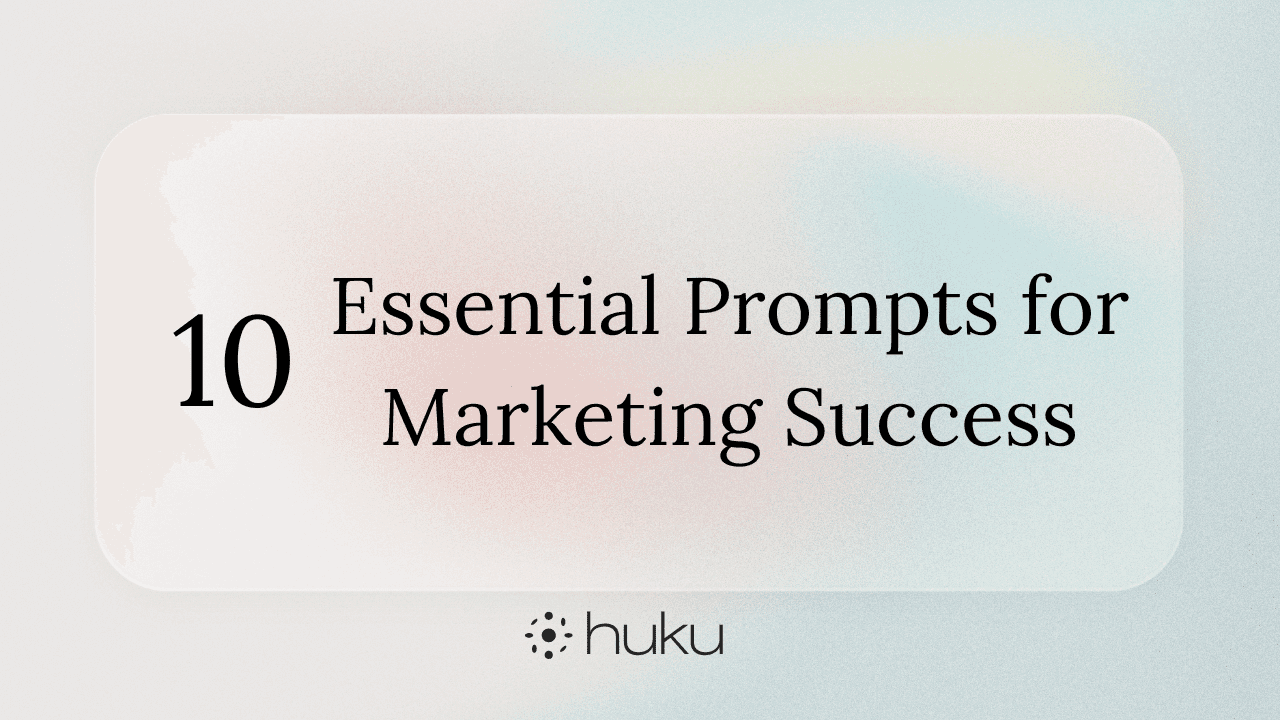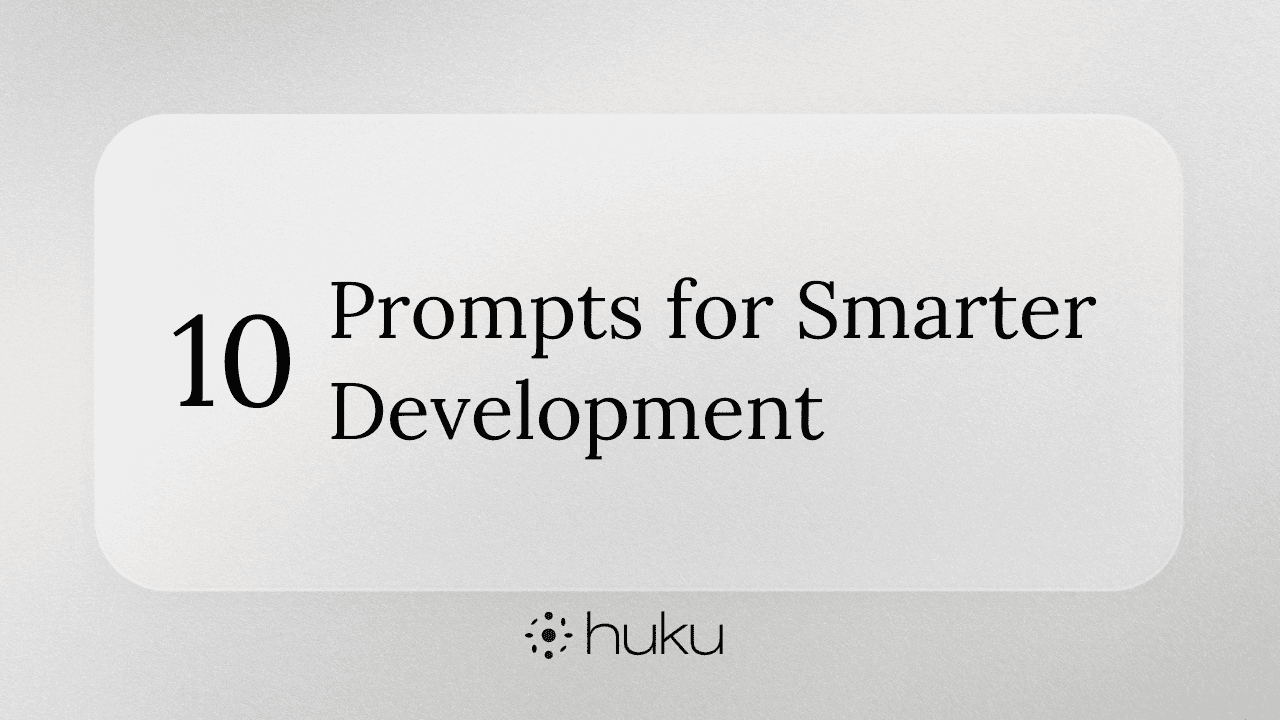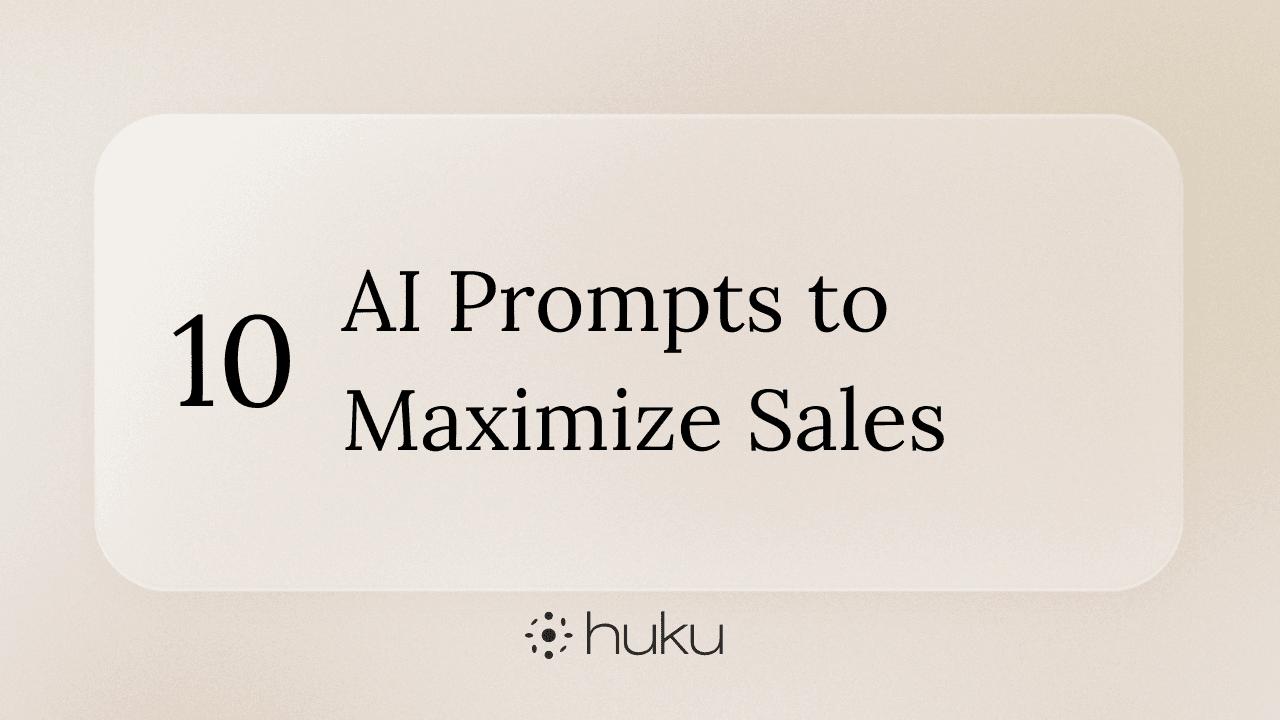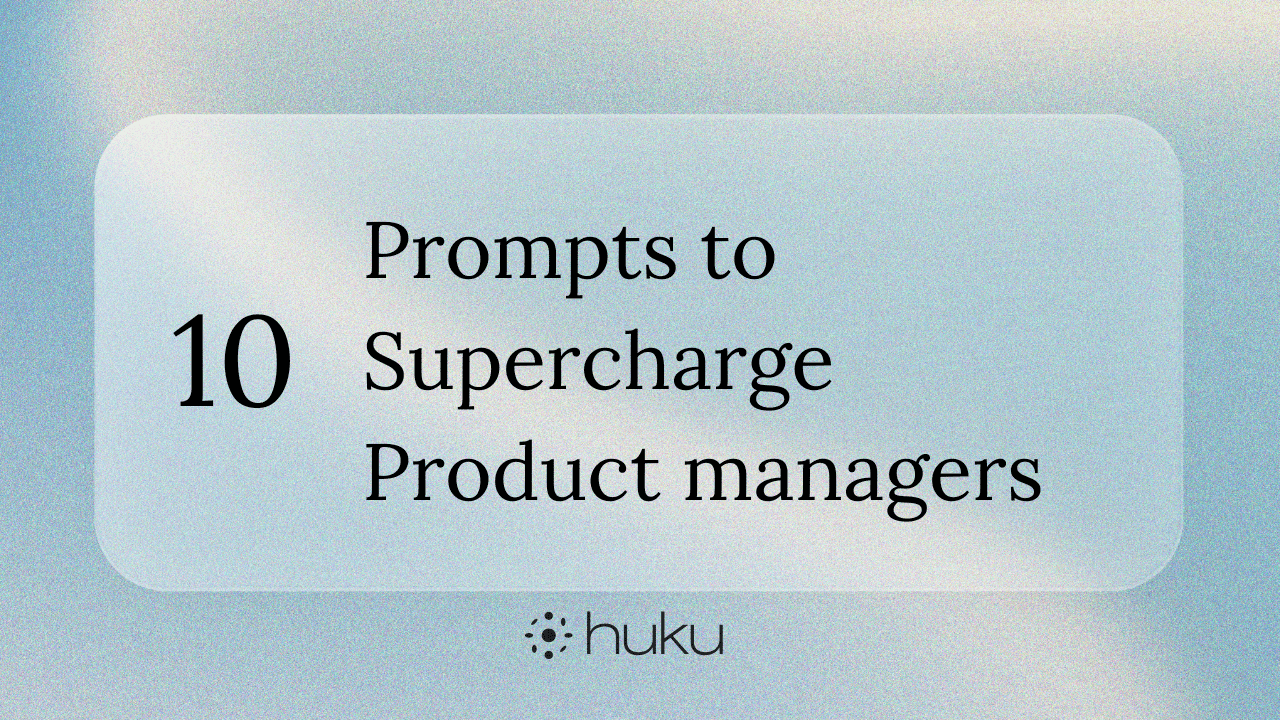AI Applications
The Future of No-code and Code in the AI era
Author
Aug 22, 2024
I've been a huge advocate of no-code so far. It allows anyone to design and build their own product without hiring a developer or spending lots of time learning to code. But the times, they are a-changin, With LLMs, you can write code way easier and faster, and it's going to get even easier. No-code tools needs to make certain changes and
Claude's Artifact feature offers a preview of this future. While it can currently generate working prototypes, it's not yet capable of producing production-ready software for daily use. However, imagine the potential of interconnected artifacts coupled with a robust deployment model - that's where we're headed.
The game will change when we reach a point where anyone can transform their ideas into functional software in just a couple of hours using next-gen language models.
The Limitations of Traditional No-Code
All no-code tools are code under the hood. The term "no-code" itself is misleading and misses the real point. These tools aren't just about writing less code; they're about empowering people to create great products, regardless of their coding expertise.
The traditional no-code approach, which forces users to build within closed ecosystems (e.g., Bubble) without access to the underlying code, is becoming obsolete. This limitation not only restricts users' control over their creations but also leads to significant challenges with scalability, performance, and customization as projects grow more complex.
Nobody wants to invest time building something they can't fully own or control. Before, people had no choice. With LLMs, now they do.
LLMs are Really Good at Coding
Coding is about to change more than it has in the last 40 years. Not because of a new language or framework, but because of AI.
The big labs aren't just improving AI; they're obsessed with making it code. Why? Because code is uniquely suited for AI to master. Models can write code, and then run it. Or write code, write a test, and check for self-consistency.
This type of automatic supervision is not possible in most domains, which are facing data walls in post-training as we approach the limits of human expertise.
This isn't just an incremental change. It's a phase shift. Soon, we'll have AI that can build entire systems from scratch. Every programmer will effectively have a team of tireless, brilliant assistants.
No-Code Future: Visual Software Builders + AI
I like the approach of @flutterflow as they are repositioning themselves as a visual software builder, rather than a no-code tool. They describe themselves as a low abstraction interface, meaning it closely aligns with the underlying Flutter API, allowing for scalability, performance, and customization.
Low abstraction interfaces benefit AI-assisted coding by allowing AI to interact directly with core APIs like Flutter's. This enables AI to generate more precise, efficient code without intermediate layers obscuring framework capabilities. As AI improves at understanding programming patterns, working with low-level APIs enhances its ability to provide accurate suggestions, optimizations, and customizations.
Closed no-code tools are not going to work; they need to open up to survive.
AI is eating the software
Software engineering will look radically different in a few years. True coding agents, which do tasks end to end, will complement today's AI copilots. The experience will look something like giving every engineer an army of interns.
As coding becomes easier, the hard part will shift. The differentiator won't be who can write the cleanest function or the most efficient algorithm. It'll be who has the vision to imagine what to build, and the taste to guide the AI towards the best solution.
The barrier between idea and implementation will almost disappear. The limiting factor will be imagination, not technical skill.
"Taste" or "aesthetic" will become the human input. Choosing the best solution from the almost infinite space of generated solutions will become a differentiator.
Software has historically been difficult and expensive to create. It will soon be 10x more accessible. We will see a proliferation of "Personal Software" or "Single-use software"—one-off apps and websites that are only now viable.




